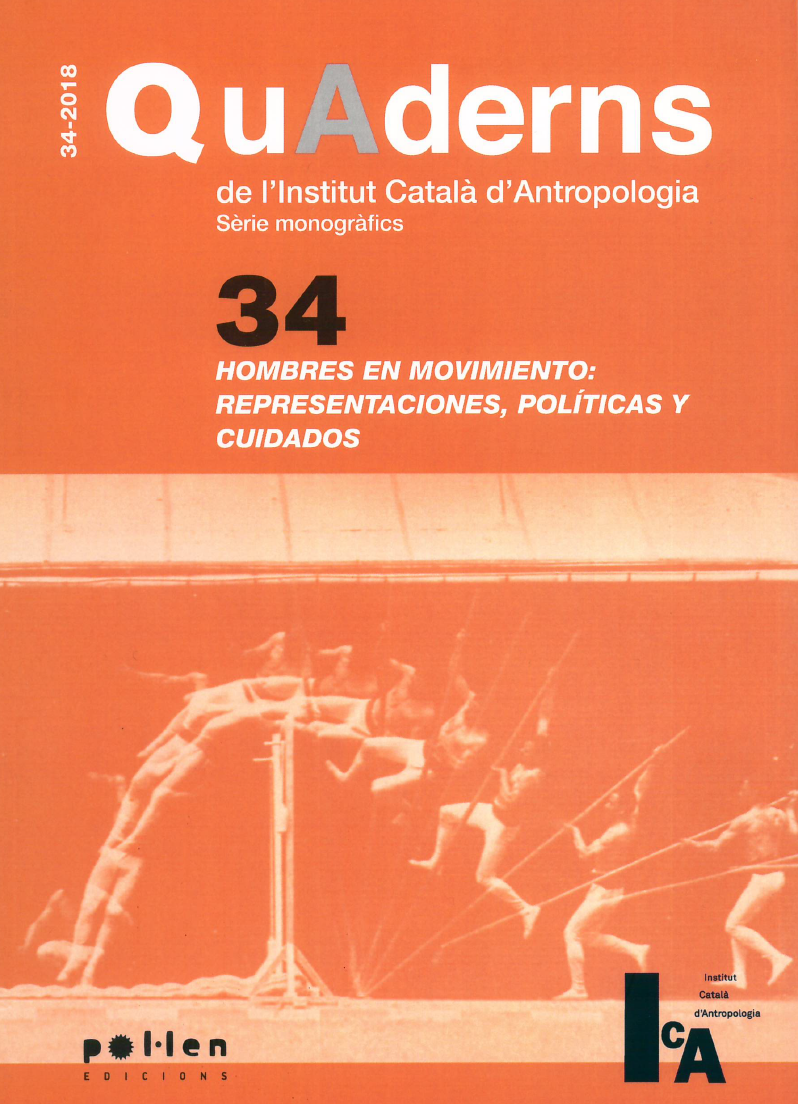Negotiating Work-life Balance, Gender Equality and Parenting: Drivers and Ambivalences in Dual-earner/Dual-carer Couples
Paraules clau:
Dual-earner/dual-carer cou-ples, Gender equality, Gender roles, Parenting, Work-care balanceResum
Work-life balance of couples with young children is a recurrent topic in Portuguese policy since the 1974 Revolution, which led to a growing promotion of the dual-earner/dual-carer model within an inclusive gender equality agenda. Drawing on the analysis of Portuguese family policies evolution, quantitative data (official statistics and ISSP 2012) and on the narratives of two dual-earner/ dual carer couples, we depict the exogenous and endogenous forces that are driving a less uneven work-life balance, but also gender ambivalences that are slowing down the pace towards equal sharing of home production and parenting for men and women. Results show that public and private spheres are becoming less gendered, owing to the strong commitment of women with full-time paid-work and to the increasing involvement of men in early childcare, and this comes along with a new sense of entitlement, for men and women, to negotiate gender roles in family life. On the other hand, they show that even if gender equality as a societal desideratum is a pervasive norm for young generations, and even if it´s evident the developing shift towards more equal sharing patterns among young dual-earner/ dual-carer couples, ambivalences regarding gender roles in mothering and fathering (and inherent gender privileges) are operating as a reflex of an incomplete revolution in Portuguese society.
Descàrregues
Global Statistics ℹ️
|
410
Views
|
262
Downloads
|
|
672
Total
|
|
Descàrregues
Publicades
Com citar
Número
Secció
Llicència
(CC BY-NC-SA 4.0)




